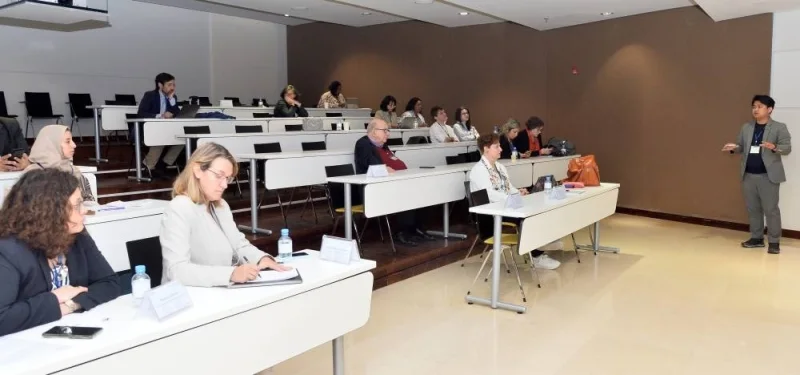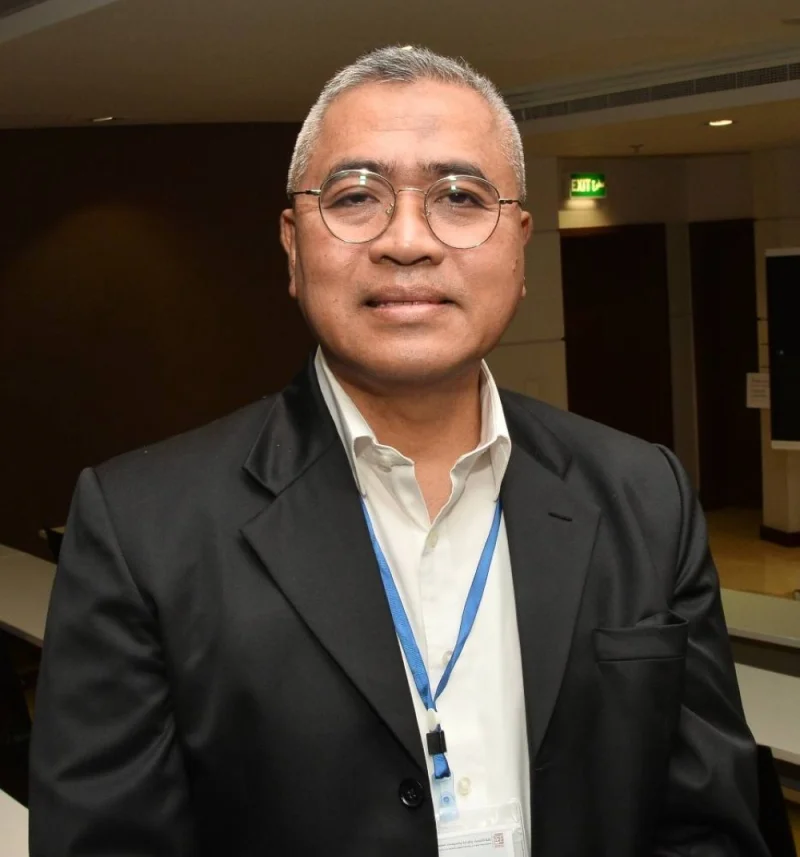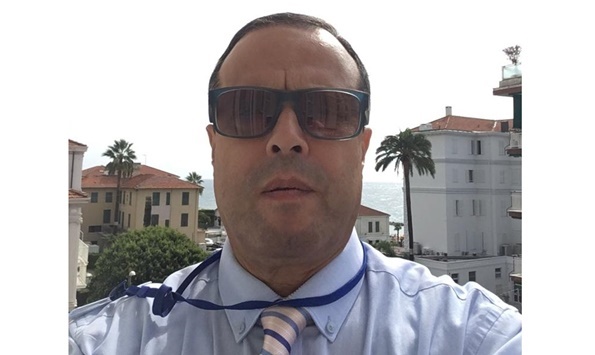The International Conference on Administrative Sciences, held under the patronage of HE the Prime Minister and Minister of Interior Sheikh Khalid bin Khalifa bin Aziz al-Thani, concluded Thursday.
The three-day event was organised by the School of Economics, Administration and Public Policy (SEAPP) at the Doha Institute for Graduate Studies in co-operation with Belgium’s International Institute of Administrative Sciences (IIAP).
The conference discussed a number of important topics, and highlighted the developmental capabilities of countries and their contributions to comprehensive development.
A large number of academics and experts in the fields of public administration and governance from Qatar and abroad participated.
On the last day of the conference, which hosted more than 300 participants from 70 countries, the researchers discussed the *Challenges and directions of human resource management in the GCC countries, *Developing countries and good governance, and *The role of training and consulting centers in supporting national institutions.
On the sidelines of the concluding session, Prof Eko Prasojo, former Indonesian vice-minister of public administration and current head of Research Cluster Policy, Governance and Administrative Reform at Indonesia University, spoke to *Gulf Times on the implementation of new policies and their impact on the public sector career’s competitiveness, and the mindset of staff who take it for granted as a career for life.
“We are looking at the integration of the spirit, i.e. the mindset of the private sector into the public sector, such as competitiveness, professionalism, modern connectivity systems,” he said. “We started this in 2014, by introducing a new law on civil service system in Indonesia.”
“We moved from a closed career system to an open career system, where the higher public officer can move from one ministry to another, and from central government to local government and vice-versa,” Prof Prasojo said. “We also opened the opportunity to the private sector to compete for the position of director-general, on a contract basis for one year that could be extended according to the needs of the government.”
“This has impacted the competitiveness in bureaucracy and the quality of public service, as staff from private sector bring the spirit of that sector to the public sector,” he continued.
“I am involved currently in the follow-up and making sure that the strategy of the vice-president can be effectively implemented in the ministries, and local government,” Prof Prasojo added.

A session in progress at the conference Thursday. PICTURE: Shaji Kayamkulam

Prof Eko Prasojo. PICTURE: Shaji Kayamkulam

